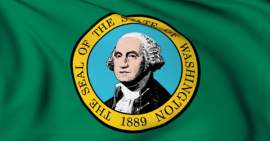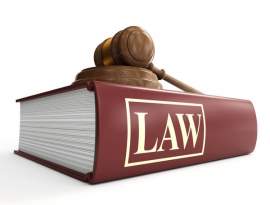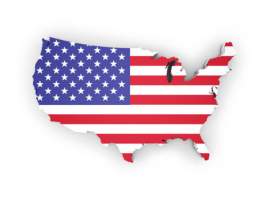
Tinker v. Des Moines

Tinker v. Des Moines: The Background
The Tinker v. Des Moines court case is one of the most groundbreaking trials in the history of the United States. The case involves 3 minors—John Tinker, Mary Beth Tinker and Christopher Eckhart—who were each suspended from their schools for wearing black armbands to protest the Vietnam War. The Tinker v. Des Moines case refers to the Supreme Court hearing—the case was so unique that it went through a number of courts to get right.
Circuit Courts and the Court of Appeals in the state of Iowa both ruled that black armbands, which represented bad feelings towards the Vietnam War, was inappropriate attire for school. Because of this ruling and because the kids were each suspended from school, they appealed and brought their matter to a higher court. Ultimately, the Tinker v. Des Moines case reached the highest court in the United States—the Supreme Court.
The students kept appealing the rulings because they felt they were entitled to expressing themselves as American citizens. The students believed the black armbands were protected under the 1st Amendment to the United States Constitution, which guarantees the right of free speech and expression.
Tinker v. Des Moines: The Case Profile
Tinker v. Des Moines began on November 12th of 1968. The Tinkers and Christopher Eckhart filed the following charges against the state of Iowa: The Tinkers stated that their suspension resulted out of legal expressions. They believed they were suspended for simply stating their opinions on the war. They believed this action taken by the school and the stated was a direct violation of their 1st and 14th Amendment rights, which protected free speech and free expression. Tinker v. Des Moines was decided by the United States Supreme Court on February 24th of 1969.
Tinker v. Des Moines: The Verdict
The United States Supreme Court in Tinker v. Des Moines ruled in favor of the Tinkers and Christopher Eckhart, claiming that the protest undertaken by the students did not intend to spark violence, destruction, damage or criminal activity. Because their protest was peaceful in nature, their expressions and speech were protected by the 1st Amendment to the United States Constitution. The students were thus allowed to wear their black armbands in protest of the Vietnam War.
The Verdict reached by the court in Tinker v. Des Moines created a law that gave power to school systems. Known as the tinker test, the ruling offered in Tinker v. Des Moines, allowed individual schools to prohibit students from protesting if the protest has the chance to influence a disruptive response.



















